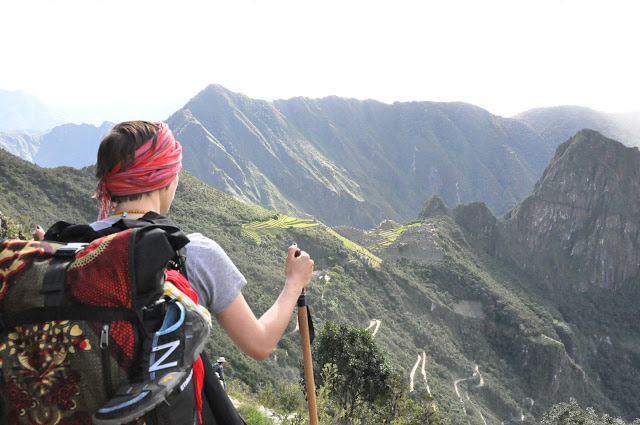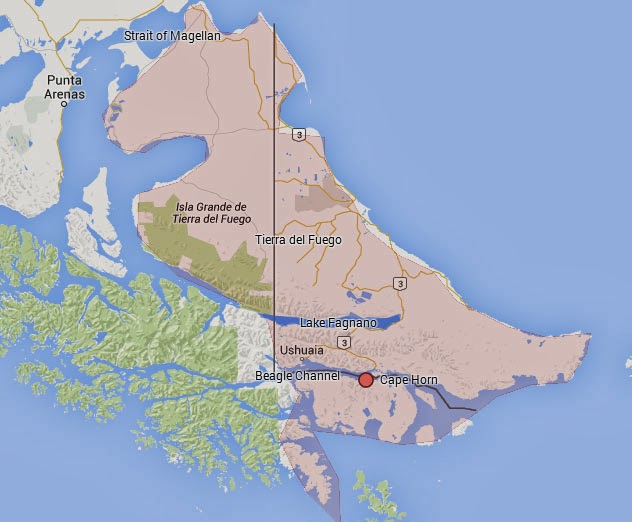Useful tips for Hiking the Inca Trail and other Treks in Peru
Useful tips for Hiking the Inca Trail and other Treks in Peru
Hiking the Inca Trail or any other trek in the Andes of Peru is challenging. However, I believe, that single most aspect one should be prepared for is the effect of altitude. If properly acclimatized most other challenges become less so when our bodies adapt to the lack of oxygen at the elevations most Andean treks take place.
Even for experienced campers and trekkers, altitude sickness on a trip in the Andes can be a limiting experience. Altitude can greatly influence how you feel and what you are capable of depending on the acclimation period in the city of Cusco or other high-altitude areas before you depart on your trek. At high altitude, just about any physical activity can be physically challenging.

Therefore, most experts recommend three days at altitudes similar to where one will be hiking before departure, in order for your body to acclimatize and to recover from any potential altitude sickness. During this time, it is a good idea to drink plenty of water, eat lightly, and get plenty of rest particularly the first day. After that, mild to moderate physical exercise can help you prepare for hiking the Inca Trail, Salkantay trek, or other trek of your choice.
Reading up on the region and route before departure will enhance your experience. The Andes and Cusco area have rich cultural histories and natural diversity, which you will be experiencing first hand. Local guides are well prepared to teach you about all of this, but arriving in Cusco with background knowledge in areas you are interested in will give what you learn context and allow for deeper understanding.
The sun is extremely strong, and UV rays, are much stronger close to the equator, and at high altitudes. You will be very happy to have your brimmed hat, sunglasses and sunscreen once your trek in underway. If you have lighter skin or are especially sensitive to the sun, lightweight clothing to cover your arms and legs are useful for sunny days.
You will get very dirty. Depending on the length of your trek, quite a long time can pass without an opportunity to shower or bathe. While most people expect plenty of sweat during a long day of trekking, there is also dust and mud to deal with, depending on the season. Wet wipes, plenty of clean socks and liquid hand sanitizer go a long way toward making you feel comfortable at the end of the day.
Communicating with your guide before and during your trek is important. Guides are trained and experienced in what they do. That said, every guest is different. Letting your guide know about any new medical issues or dietary requests before departure helps them prepare, and updates regarding how you are feeling, walking pace, if you need more drinking water, or any other question or concern will help your guide ensure that you have a rewarding and enjoyable experience during your trek.
Be prepared for surprises. Many times, the most memorable events on a trek are the ones you don´t anticipate. Treks and tours often include unplanned sights and opportunities. Keeping an open mind can help you make the most of your trip.
Prepared by: David Moran
-----------------------------------------------------------------------------------------------------------
Hiking the Inca Trail Visiting Cusco Peru Surbound Expeditions
-----------------------------------------------------------------------------------------------------------
Hiking the Inca Trail Visiting Cusco Peru Surbound Expeditions









Comments
Post a Comment